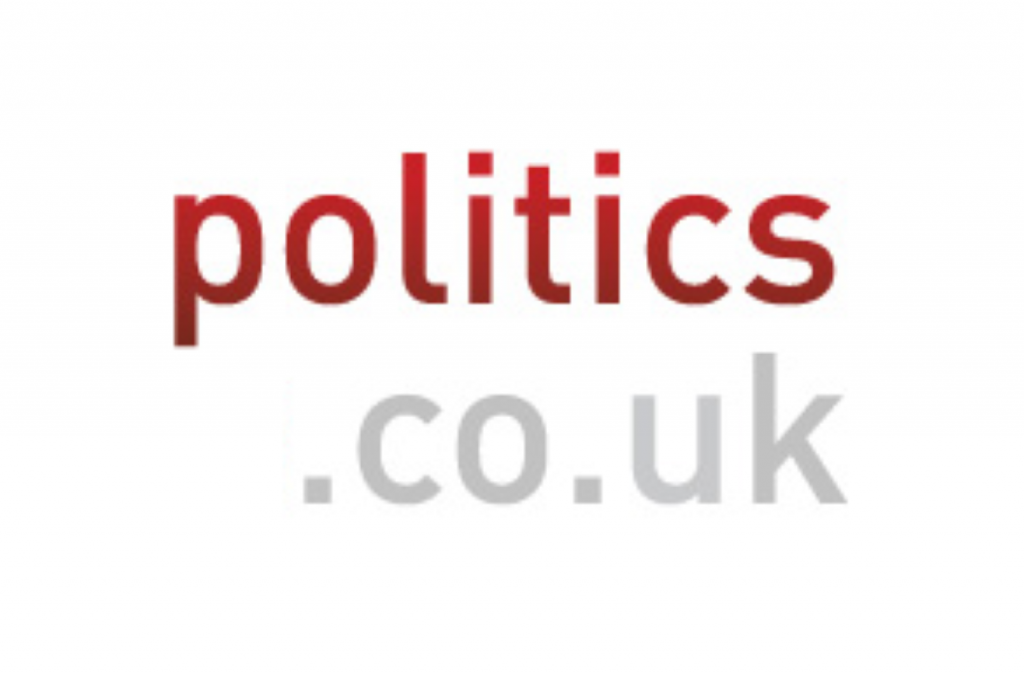New cash incentives for maths teachers
The Education Secretary has announced a new raft of financial incentives to encourage maths graduates into teaching.
Teacher training bursaries for maths graduates will be raised to £7,000 and the Golden Hello to £5,000.
This is £2000 more that non-maths graduates will receive.
In addition the salary cap on advanced skilled mathematic teachers will be abolished, with teachers guaranteed a minimum salary of £40,000.


Various changes of the curriculum are also trailed, with the Qualifications and Curriculum Authority to develop an extension curriculum to stretch the more able, and the possible introduction of a two rather than three tier mathematics GCSE. This is proposed to counter the possibility of a better grade being received if students take a lower paper.
Launching the new proposals, Charles Clarke said: “We all need mathematics every day of our lives, from working out shopping bills to budgeting to buy a house. We need to get away from the myth that mathematics is a stand alone subject which is too difficult for many.
He said the changes “centre on revitalising the study of mathematics by tackling issues of specialist teacher recruitment, training and development, as well as reforming the range and variety of learning pathways open to young people in mathematics.
“The key issue is to raise the profile and esteem of mathematics. In the meantime it is important we provide the right incentives to attract graduates to become mathematics teachers.”
The proposals were broadly welcomed by the NAHT. Its general secretary described the approach as “totally realistic”.
David Hart said: “If bright students are to be encouraged to take maths at Advanced Level and then at university, urgent and drastic action is needed to turn around the current dire situation. Students will only study maths enthusiastically if they are taught by inspired mathematicians and are able to see maths teaching as a worthwhile and valuable career.”
The plans for differential pay though came under fire from the NASUWT. Chris Keates, acting general secretary of the NASUWT, said: “I have serious reservations about whether the proposals for access to higher salaries and other incentives will address this in the long term.
“Skewing the pay system in favour of one subject specialism can have unintended consequences in other areas.
“The Government should focus on implementing and enhancing the more coherent approach to improving pay and conditions it has secured in recent agreements with NASUWT and other teacher unions. These provisions are fair and sustainable and will undoubtedly have a positive impact on recruitment and retention once they are embedded.”

